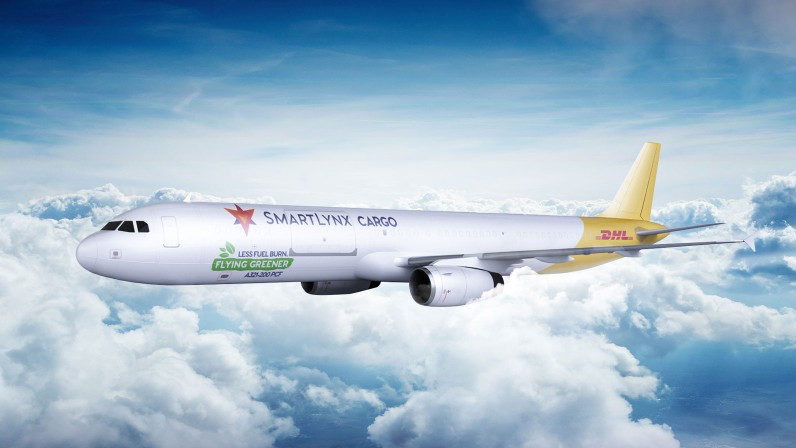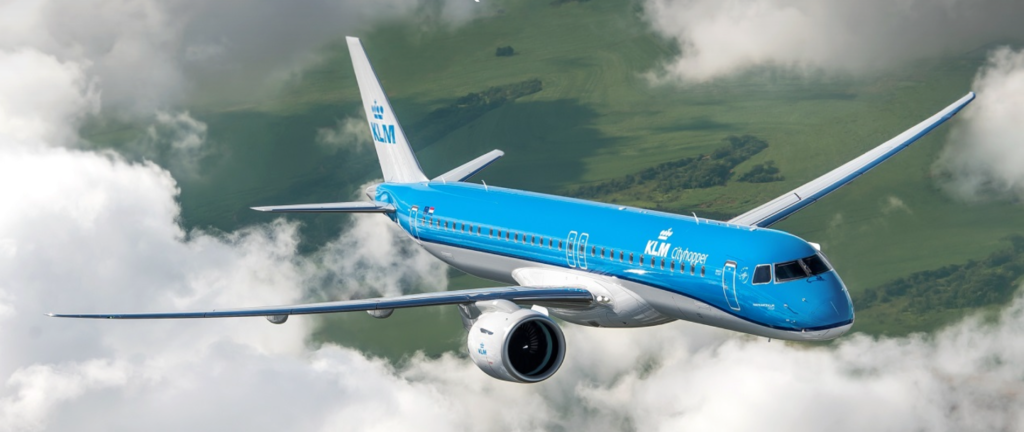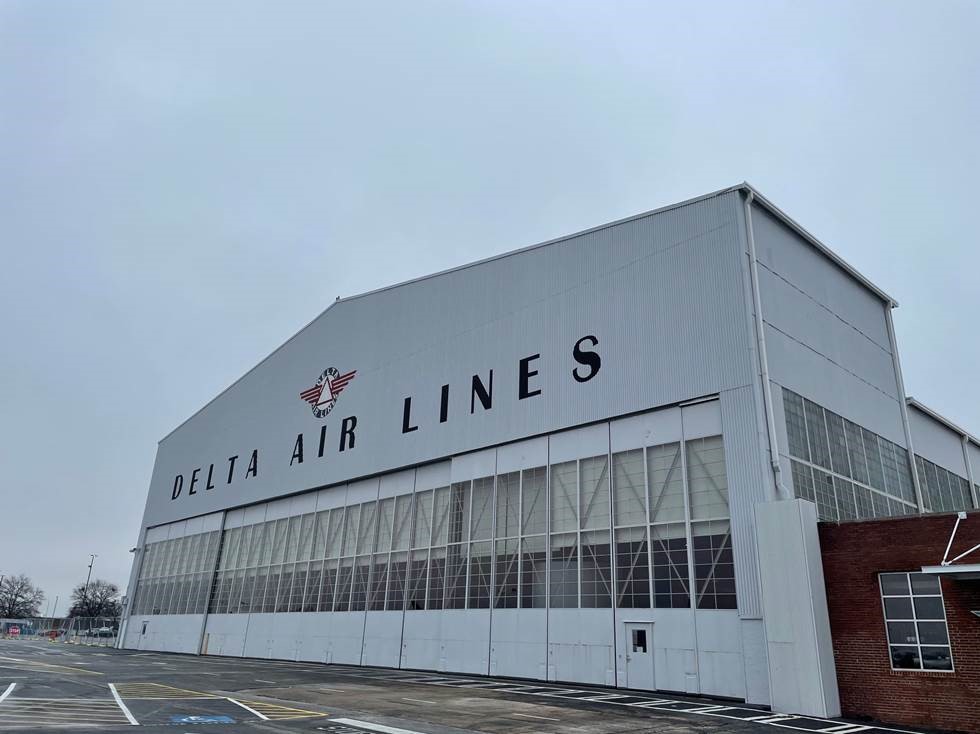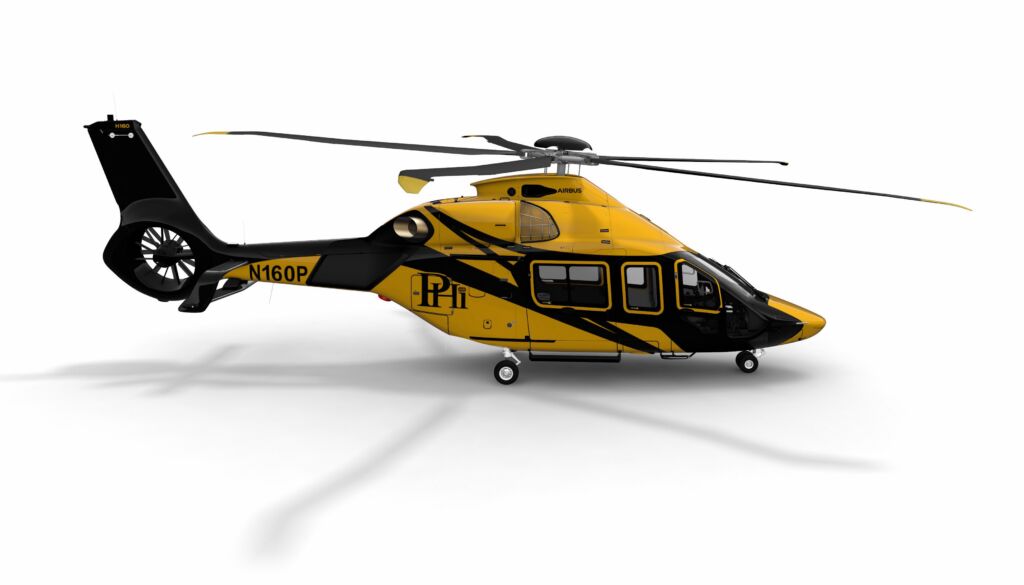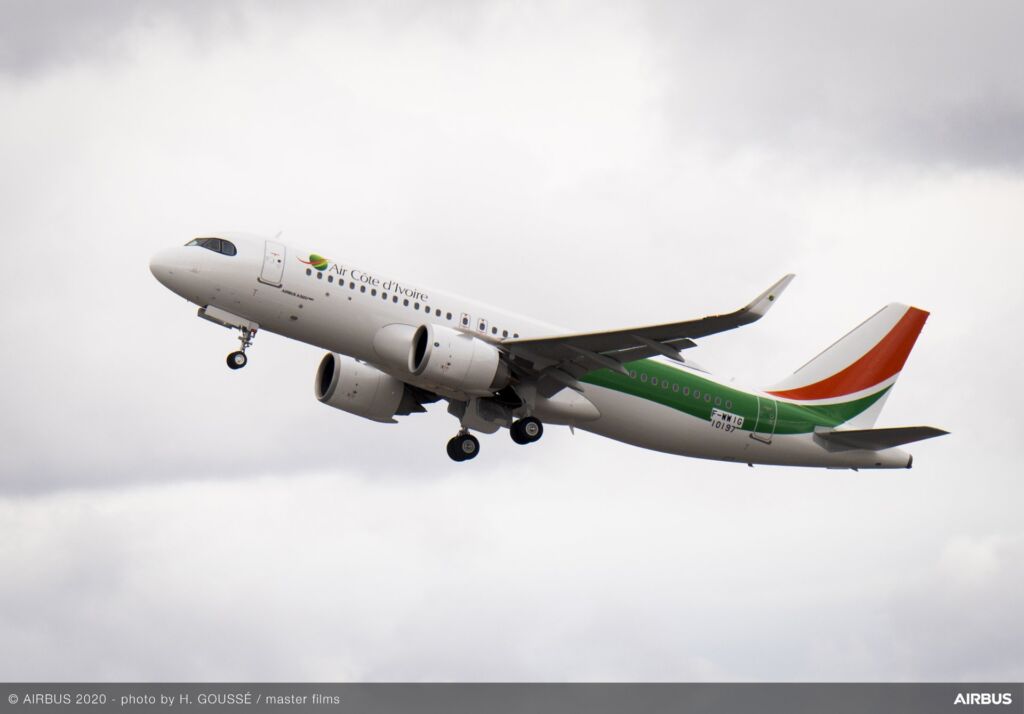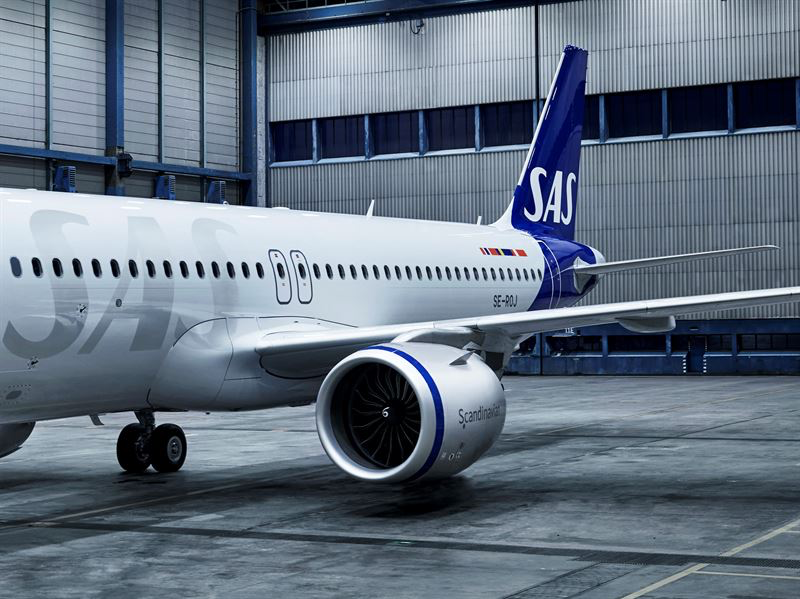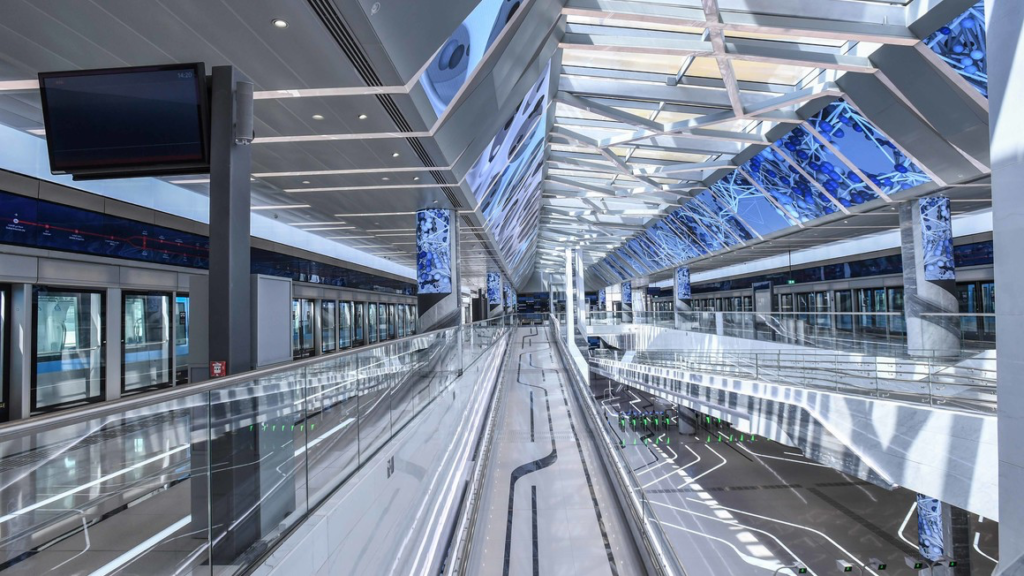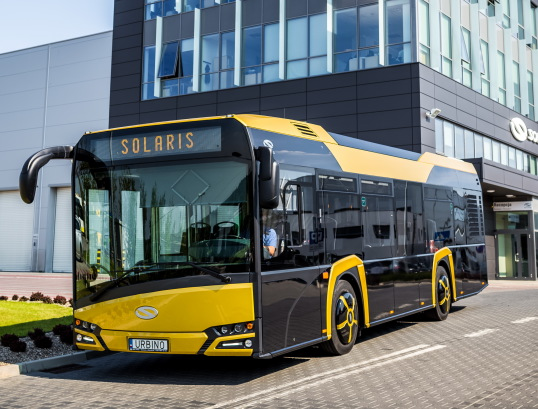Virgin Australia Opens Lounge of the Future
Virgin Australia has today revealed its Lounge of the future, with the opening of its highly anticipated Adelaide Airport Lounge. Designed by Brisbane’s WMK Architecture, the 283-seat Adelaide Lounge completes Virgin Australia’s network of seven domestic…

